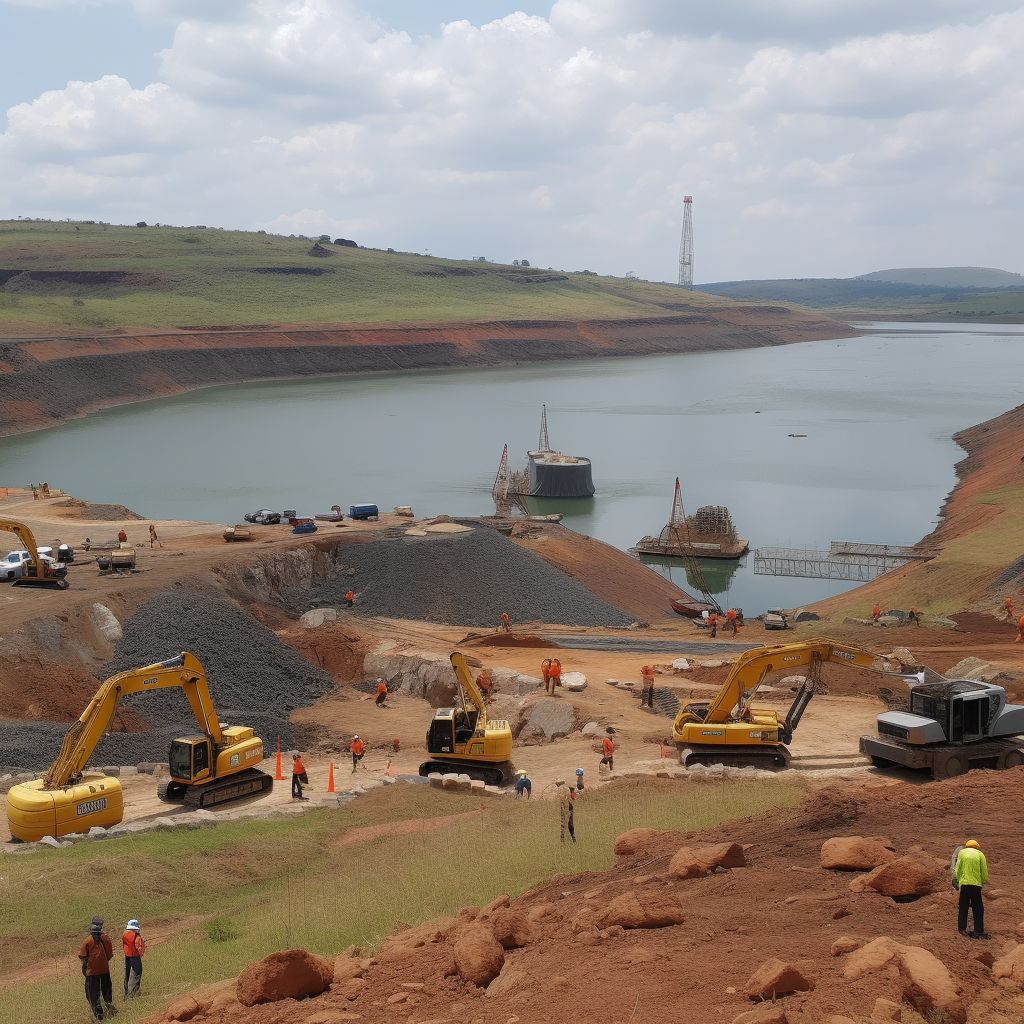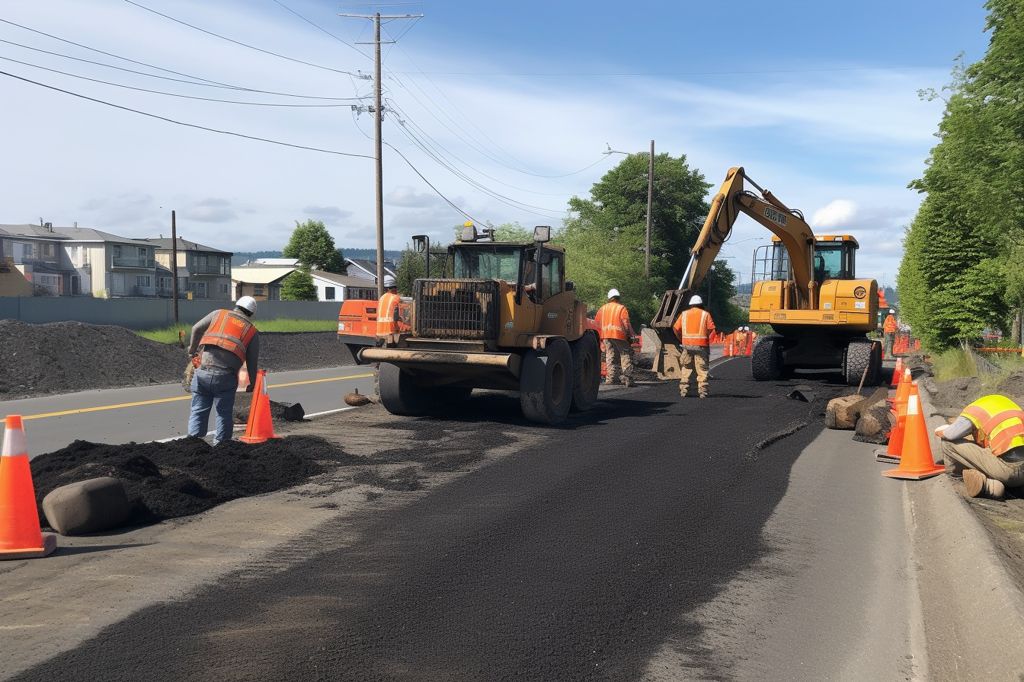On January 27, 2023, the Electoral Commission marked a significant milestone with the implementation of the Political Party Funding Act. This Act requires political parties to disclose their sources of funding and sets out the framework for public funding of political parties. The Commission tabled a report on political party funding in the National Assembly, which included the Auditor-General’s statement. The report pertained to the financial year 2021-2022.
Clean Audit Opinion and Disclosed Amount of Funding
Both the Represented Political Party Fund (RPPF) and Multi-Party Democracy Fund (MPDF) received a clean audit opinion from the Auditor-General of South Africa (AGSA). This underscores the Commission’s commitment to good governance and prudent financial management.
Political parties disclosed a total amount of R145.4 million ($10.25 million) in their annual financial statements. This amount included R137.3 million ($9.68 million) in monetary contributions and R8.1 million ($0.57 million) in in-kind contributions.
Deadline and Requirements for Financial Statements Submission
For the financial year 2021-2022, the deadline for political parties to submit their audited annual financial statements (AFS) was September 30, 2022. Represented political parties were required to submit two sets of financial statements—one for the RPPF and MPDF, and another for direct funding sources like donations, membership fees, and other income. Unrepresented parties, however, only needed to submit one set of statements for direct funding.
Out of approximately 515 registered political parties during the 2021/2022 fiscal year, 41 submitted their financial statements. Among the 15 parties with representation in legislative bodies, 11 submitted their audited AFS, achieving a 73% compliance rate.
Compliance and Action Taken Against Non-Compliant Parties
Upon assessing the AFS submissions for completeness, the Commission found that two represented parties, the African National Congress (ANC) and African Transformation Movement (ATM), had submitted incomplete statements. The ANC later rectified this issue. Out of 30 unrepresented parties that submitted their statements, 15 were audited, while the other 15 were unaudited.
In terms of compliance with the Act and regulations, the majority of represented parties’ AFS were satisfactory. However, four parties—the African Christian Democratic Party (ACDP), ATM, Democratic Alliance (DA), and GOOD—prepared their statements in a manner inconsistent with the generally recognized accounting practices (GRAP) prescribed by the Act.
For the represented parties, most received unqualified audit opinions on their AFS, with the exception of ACDP and GOOD, which received qualified opinions. The ANC received a disclaimer due to insufficient financial information on direct funding donations.
The Electoral Commission provided non-compliant parties with the opportunity to explain their breach of compliance in response to section 15(1)(a) directions. If these parties fail to comply, the Commission will approach the Electoral Court to impose administrative fines.
Future Plans for Better Compliance
Acknowledging that further work is needed to ensure better compliance with the Act’s provisions, the Commission intends to engage with party accounting officers to achieve this goal. The ongoing implementation of the Political Party Funding Act marks a positive step towards increased transparency in party funding, which is crucial for ensuring a healthy democratic system. The Commission’s commitment to good governance and prudent financial management further highlights the importance of transparency and accountability in political party funding.












